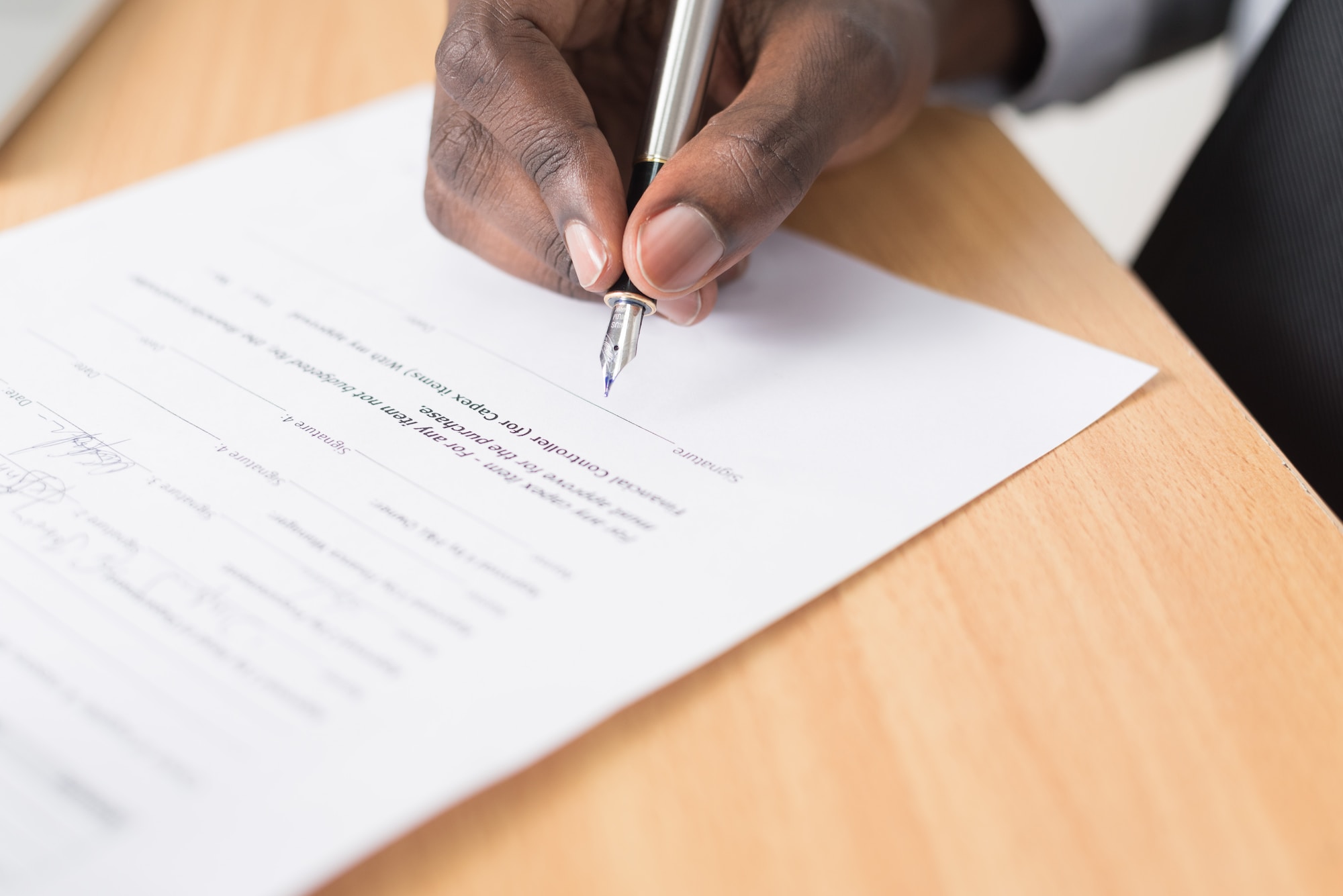Your credit score has a massive influence on your financial life and your ability to get accepted for loans or finance in the future. Good financial habits such as paying your loan back on time and in full, using credit little and often and only have low levels of debt can help to exceed your credit score. No credit history or a bad credit score can have a negative impact on your ability to get future loans but they both affect your credit report in different ways. This guide looks at no credit history, low credit scores, how they differ and how to overcome it.
What is no credit history?
To put it simply, no credit history is when you’ve never taken out any finance or credit before. Credit scores are all about future predictions and lenders use your previous credit to make assumptions about how you’ll behave with any future finance deals. For this reason, lack of credit history can actually leave you with a bad credit score. On the credit scale, your score will be displayed as a numerical digit and each lenders credit scale can vary. If you have no credit history, your score won’t automatically be 0 but it would be non-existent.

How does it impact you?
When you apply for any sort of car finance, loans, mortgages or credit card, lenders will run a credit check on you. They do this to see how you’ve handled your previous credit. It can be hard to get no credit check cars on finance or a credit card without a credit check as lenders want to know how likely you are to pay your loans back on time. Lack of credit history can put lenders off as they can’t predict how you’ll handle your loans, and they may even decline your application.
How to fix no credit history:
When it comes to building a credit history, its important you create good financial habits and do it right. The best credit applicants build a small amount of credit, pay it off on time and have a good mix of different accounts over a long period. To start building a small credit history, you could consider the following.
- Credit building cards. A credit building credit card is a great place to start. These credit building cards can be used to make small purchases on to pay them back on time and in full. If you fail to do so, it can lead to a bad credit score so it’s important you only borrow as much as you can afford to pay back.
- Mobile phone contract. A sim-only mobile phone contract can be a great place to start with building credit especially if you’re young. Choosing a rolling 30-day can also be a good option for building credit as you aren’t tied into a lengthy contract.
What is a bad credit score?
A bad credit score is when you have failed to stick to the rules of your previous agreements in the past. Your previous behaviours with your credit or loans will affect your current credit score. It’s hard to pinpoint one number for a bad credit score as the 3 main credit reference agencies use a different scoring model. The main UK credit agencies are TransUnion, Experian and Equifax who all set their own credit scales and what one may see as ‘poor’ credit, another may see as ‘fair’ so it can be worth checking all three.

What causes bad credit?
There are a number of reasons why you may find yourself with a bad credit score. The main influence on your credit score is your ability to make payments on time and in full. Missed or late payments can have a detrimental impact on your future credit and ability to borrow again. If you miss numerous payments on a secured loan such as car finance or mortgages, the lenders have the right to use the property as collateral and take it off you.
How to recover from bad credit?
In order to recover from a bad credit score, you need to start creating new financial behaviours. Building a credit score from low means putting in time and effort to stay on top of your current finances.
- Pay your current bills on time and in full. If you’re struggling to do so, contact the lender to see how they can help instead of missing the payment.
- Reduce as much debt as possible before trying to apply for anymore.
- Check your credit report and fix any errors or update your information if it’s inaccurate.
- Remove any people who you are financially linked to if you no longer have any active credit. If they have bad credit, their low credit score can be impacting yours too.
- Paying more than the minimum required on a credit card each month.





